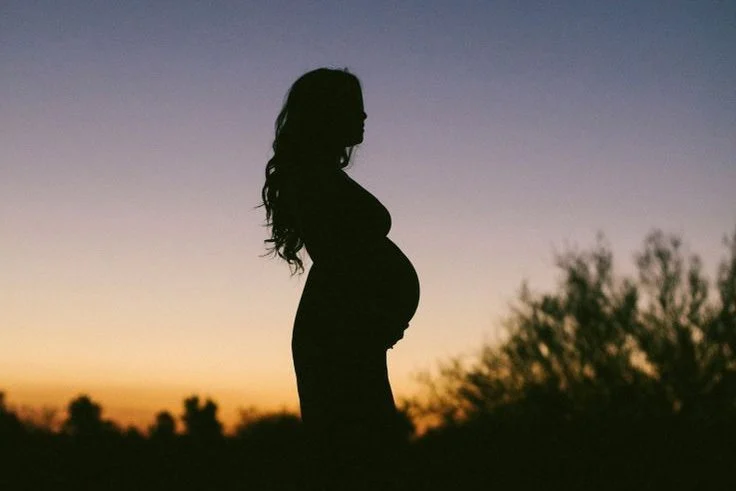You are right in saying that I can’t fully comprehend the pain of holding a full-term baby as they take their last breath. However, I can deeply empathize with the anguish that arises from such a heartbreaking experience. I am truly sorry for the emptiness you must feel having to navigate life without your child.
My heart aches alongside yours because I understand the profound sorrow that comes with losing a baby. But it’s important for me to express something crucial: your full-term loss does not negate my own losses—whether it was at 20 weeks or merely six. While our experiences may vary, our grief and love for our babies are equally valid.
I find it perplexing that you felt the need to compare our griefs or to dismiss mine. Are the differences between our journeys really so significant that they overshadow our shared experiences? We both cherished our little ones, and we both left the hospital empty-handed. Isn’t that enough to foster compassion for one another’s pain rather than to belittle it?
You discouraged me from speaking about my babies and my grief, labeling my feelings as “nonsense.” Your view seems to suggest that only the loss of full-term babies warrants genuine mourning. By implying that my shorter pregnancy somehow invalidates my grief, you overlook a fundamental truth: those pink lines on my pregnancy test signified the existence of my babies’ lives, just as they did yours. I, too, had dreams of a lifetime filled with love and memories with my children.
You claimed that my experiences were “nothing” like yours, and perhaps that is true in some respects. My early loss did not leave behind physical evidence of life, and I didn’t witness my baby take a breath like you did. Yet, both our experiences culminated in the same heartbreaking result—babies who never came home.
You mentioned that I have “no idea” what it means to lose a child, but I must disagree. I know the pain of cradling a lifeless baby, a small being whose kicks once filled me with joy. Though my baby may have been smaller, they were just as complete—ten fingers, ten toes, and a nose that resembled their sibling’s. My baby’s heart raced with life until the very end, only to vanish into the arms of a nurse, never to return.
I endured weeks of physical reminders of my loss—bleeding, swollen breasts, and an empty baby belly, all constant reminders of what could have been. I believe you understand this feeling too.
While the nature of my losses differed, my grief mirrored the depth of yours. Each experience brought its own unique pain, but different does not equate to less significant. Your story is distinct, and mine is as well; there’s no need to measure suffering. We can both acknowledge our valid reasons to grieve.
I have great empathy for your situation, as I can only imagine the depths of your sorrow. Raw grief can often lead us to feel that our pain is greater than anyone else’s. That’s a place I’ve found myself in, too.
I will stand with you in mourning your child and offer my ears when your grief needs a voice. However, I will never stop honoring the memory of my babies, nor will I feel ashamed for grieving them. They were just as real and just as cherished as yours.
For more insights on navigating grief and pregnancy loss, you can explore this blog post. If you’re interested in learning more about home insemination, check out this resource. Additionally, the Genetics and IVF Institute offers excellent information on this topic.
In summary, grief is a complex and deeply personal journey. While our experiences with loss may differ, the love we hold for our children unites us in our sorrow. It’s important to validate each other’s pain rather than to diminish it.
